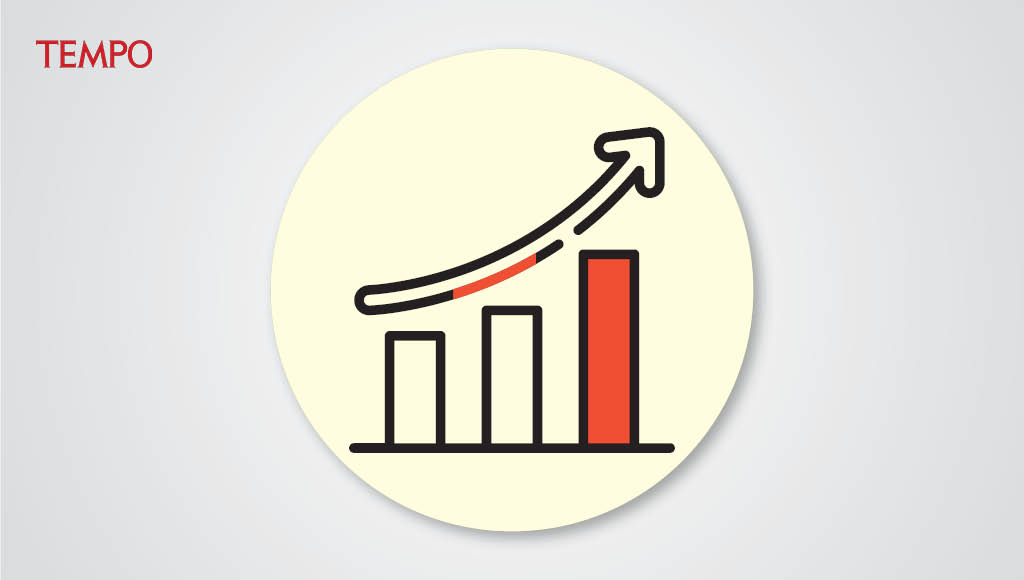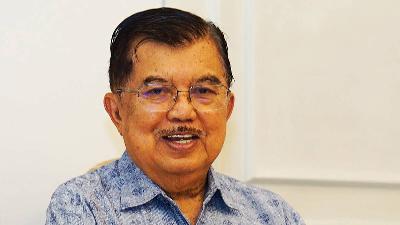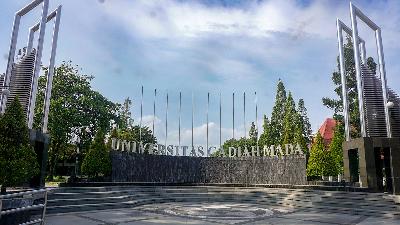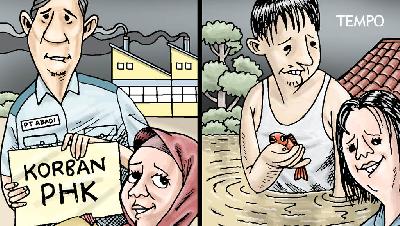Pesantren’s Progress Through the Circular Economy
Friday, March 28, 2025
Circular economy practices in pesantren offer many benefits, paving the way to financial independence.
arsip tempo : 174690346350.

THE initiatives of a number of pesantren, or Islamic boarding schools, in implementing circular economy practices need to serve as an example for other educational institutions. There are two main benefits to recycling waste, purifying dirty water, and making use of organic waste in pesantren: environment conservation and added economic value that can be used to fund the activities of these educational institutions.
These practices applied by the Darul Ulum Islamic Boarding School in Jombang, East Java; Bumi Cendekia in Yogyakarta; and Daar El-Huda and Al-Markaz in Banten are real examples of how a circular economy is not something difficult to implement. In Jombang, for example, dirty water from bathrooms is reprocessed into clean water for sanitation. This way, the boarding school can reduce operational costs and provide benefits to local people who need clean water. And in the Bumi Cendekia, waste from bathrooms and kitchens is processed into detergent, disinfectant, fertilizer, and even perfume that can then be sold.
If these practices could be applied in every Islamic boarding school, the impact would be incredible. Just imagine, in Indonesia, according to the Ministry of Religious Affairs, there are 41,220 pesantren with a total of 4.9 million active students and 370,000 teachers. Most of these boarding schools are located near residential areas, which means that what happens in them affects the surrounding communities. If circular economy practices like these ‘spread’ to schools and higher education institutions, this will have a positive effect in the form of a reduction in waste at the community level, as well as greater economic benefits.
Unfortunately, this circular economy initiative has not been implemented on a wider scale. The reasons for this include the relatively high technical costs and the complexity of the techniques for recycling used materials or waste. However, encouraging circular economy practices means creating jobs, adding value to used items and reducing the negative externalities of waste.
Indonesia actually has a program and road map for mass implementation of circular economy practices. Based on a study carried out by the National Development Planning Agency, implementing the circular economy could increase gross national products by Rp375 trillion, create 2.4 million jobs between 2021 and 2030, reduce 59 million tons of carbon dioxide emissions, and save 4 billion cubic meters of water by 2030. The government is focusing these practices on five sectors, namely food and beverages, textiles, construction, trade, and the electronics industry.
Given this potential, initiatives to implement aspects of the circular economy should grow, and educational institutions could become the driving force. The practices now underway at a number of Islamic boarding schools could become a model for how education communities can implement sustainable economic activities. And if developed further, this initiative could even encourage education institutions to become financially independent.
And circular economy practices could reduce the negative stigma often associated with pesantren. The view of Islamic boarding schools as secretive institutions difficult to monitor could be refuted, given that the implementation of the circular economy would involve local communities. More importantly, institutions such as pesantren and schools could carry out their functions outside education as agents of change, changing people’s lives for the better.











